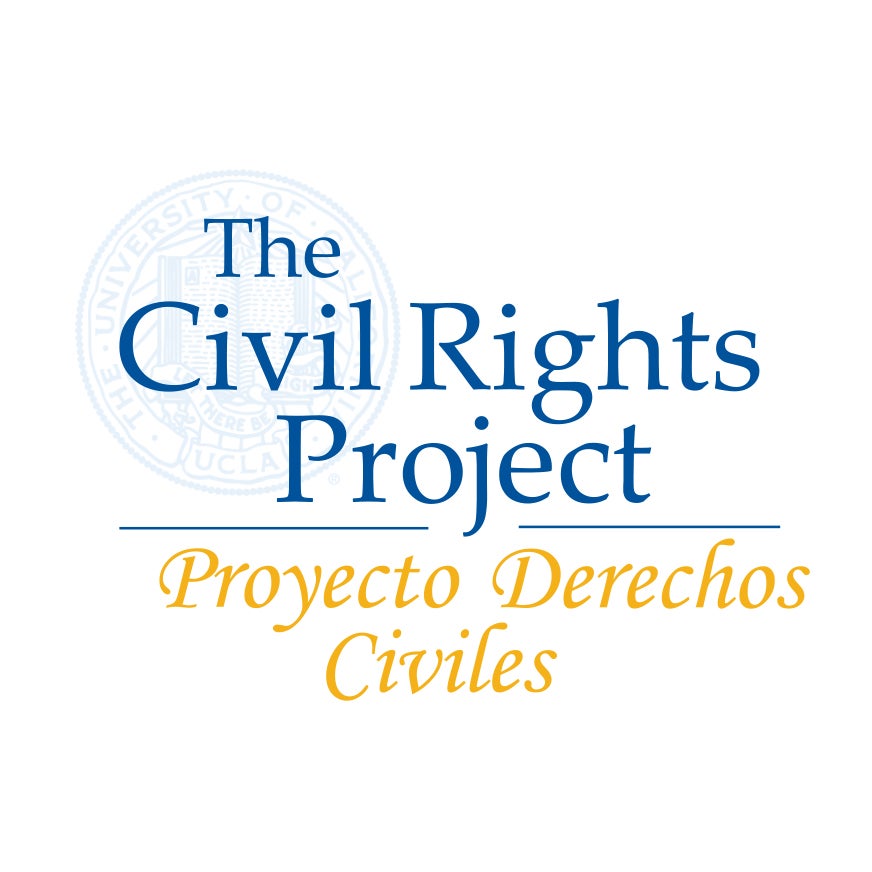Synthesizing rigorous research illustrating the benefits of bilingual education and citing growing interest in and demand for bilingual and biliteracy education programs for all students, a new report published by the UCLA Civil Rights Project/Proyecto Derechos Civiles advocates for the establishment of bilingual education as the standard program of instruction for students classified as English learners (EL) and outlines federal, state and local policies needed to achieve that standard.
At a time of growing interest and support for bilingual education opportunities, the paper, “Bilingual Education and America’s Future: Evidence and Pathways,” underscores the reality that the United States lags behind most other nations where bilingual education is the norm and that many English learner-classified students in the U.S. are underserved. These students are enrolled in schools that often do not provide full, equitable access to the standard curriculum, nor the opportunity to develop the language they already know, two problems that bilingual programs address. The report offers strong evidence of the benefits of bilingual education and a growing commitment to education policymaking that addresses barriers to opportunity experienced by EL students. The report’s authors contend that now is an opportune moment to expand bilingual education and establish bilingual and biliteracy education as the standard for instruction for all students, but especially for those who arrive at school with a language other than English.
“Careful and sophisticated studies produced over the last decades consistently find that bilingual education yields numerous advantages for the students who are fortunate enough to receive it,” says Patricia Gándara, co-director of the UCLA Civil Rights Project/Proyecto Derechos Civiles. “Given increasing interest and support, from both families and policymakers, this is the moment to expand bilingual education and build a stronger foundation for these programs.”
The report’s call for more expansive access to bilingual education is grounded in evidence of the benefits of bilingualism and biliteracy for students and the larger society. The researchers detail the academic benefits of bilingual education, including superior achievement outcomes. These include English language development benefits, such as a greater likelihood of reclassification or exit from English Learner services. The report also highlights the benefits of home language literacy and proficiency and cites a growing body of research that bilingual education supports more positive social-emotional and sociocultural outcomes for EL-classified students. Importantly, the paper shows evidence of greater family engagement in school, success in secondary schools and readiness for higher education.
The research also reports on the growing grassroots momentum and political support for bilingual education, including increased demand for programs that can serve all students who want it.
At the same time, the paper also identifies key challenges to expansion, including a shortage of bilingual educators and the need for sustained funding to build capacity. The authors recommend specific policy supports at the federal, state, and local levels to establish bilingual education as the standard program of instruction for English learner-classified students.
“Bilingual education is the best way to support EL-classified students and it’s up to educators and policymakers to ensure all students receive this support,” said Manuel Vazquez Cano, a principal researcher at Education Northwest and a co-author of the report.
“Expanding access to bilingual education, to the point where bilingual education becomes the standard service for English learners rather than an exception, is grounded in research on what works for the nation’s multilingual learners and aligned with national priorities of promoting bilingualism and biliteracy,” adds Lorna Porter, a research associate at WestEd and co-author. “While the change will not happen overnight, coordinated local, state, and federal actions can begin to move towards an education system that values, celebrates, and fosters bilingualism and biliteracy for all students.“
“Bilingual Education and America’s Future: Evidence and Pathways,” is published by the UCLA Civil Rights Project/Proyecto Derechos Civiles, as part of a new series of research papers, A Civil Rights Agenda for the Next Quarter Century. The report’s authors include Lorna Porter, a Research Associate at WestEd, Manuel Vazquez Cano, a principal researcher at Education Northwest and graduate student at the University of Oregon, and Ilana Umansky, an associate professor in the College of Education at the University of Oregon.
